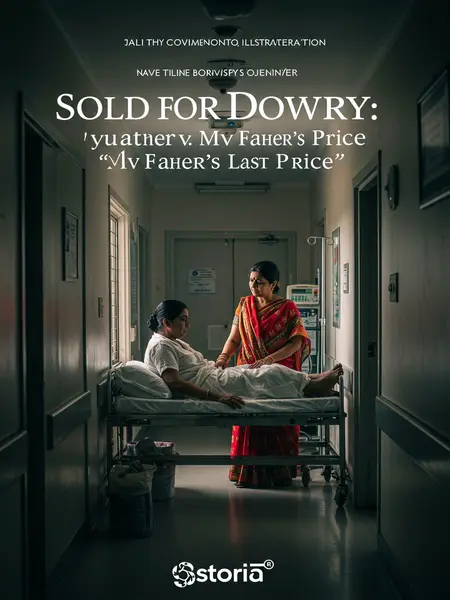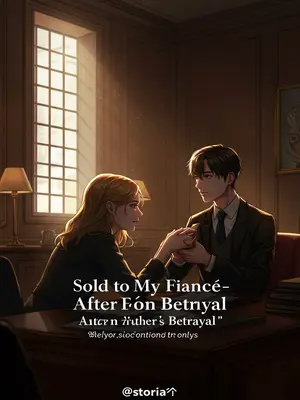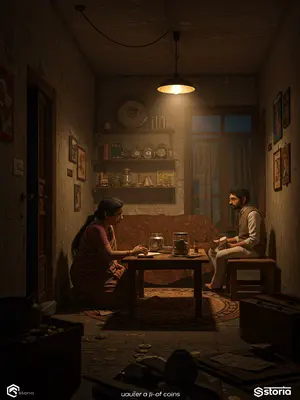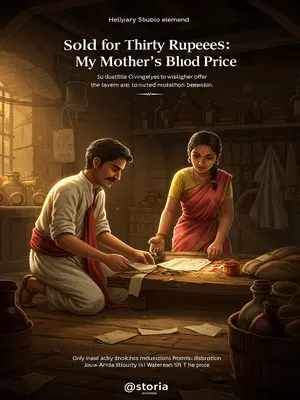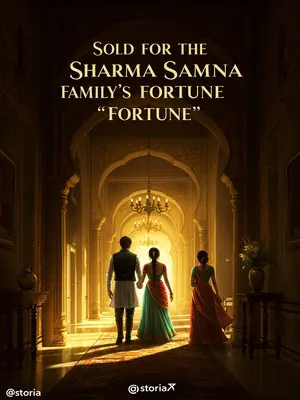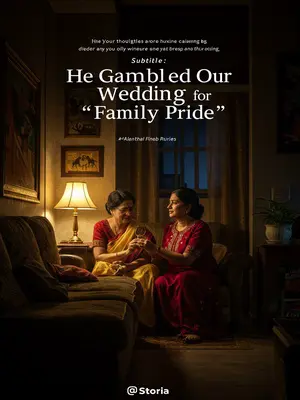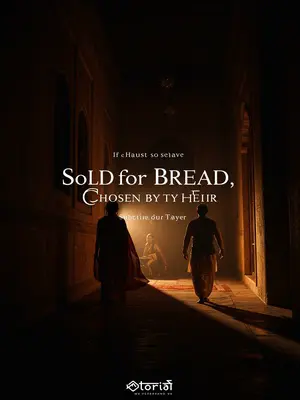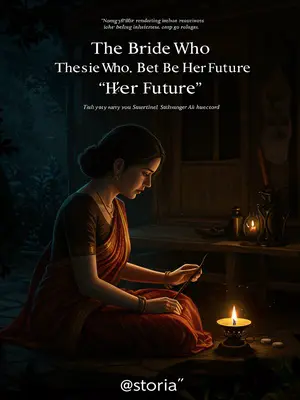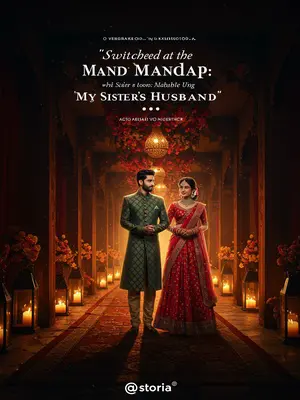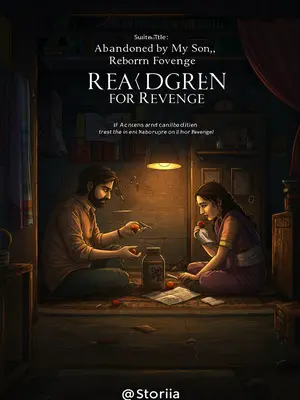Chapter 1: Diwali Dreams and Demands
The air was thick with gunpowder and hope as I stepped out of my car, clutching a box of sweets and my future. Kaveripur glimmered with Diwali lights—balconies strung with fairy bulbs, rangolis blooming like promises outside every door, the sharp scent of marigold and fried jalebis swirling with the smoky tang of bursting crackers. My car was heavy with gifts, but heavier still with the dreams of two families. My heart thudded in time with distant fireworks, each beat a mixture of nerves and anticipation.
By last year’s end, both families had nearly finalised everything. The 2.8 lakh rupees dowry had already been paid months ago. My parents had done jugad—breaking FDs, borrowing here and there—to collect the dowry. They gave it with pride, believing this was the last hurdle, as my mother whispered a quiet prayer, hands folded, hoping for smooth sailing ahead.
I thought the worst was over. Who would have guessed that the 2.8 lakh was only an appetizer for Ananya’s family?
The drive through the hills had been bone-rattling, taking me six hours. When I finally arrived, the door opened to a packed living room—every seat of the old Godrej sofa covered with embroidered cloth and occupied by relatives. The sticky vinyl clung to my palm as I made my way in. A metallic clink of bangles sounded as aunties shifted, and outside, a faint jingle of a temple bell drifted through the window. Some old uncles chewed paan with loud, wet smacks, while younger cousins exchanged sly whispers. Every eye flicked to the plastic bags in my hands, tracking my every move.
Ananya introduced the family: Chacha ji, Bua ji, and a parade of other relatives. I did my best to greet each one politely.
“Namaste,” I said to the elders, nodding at the younger ones. A baby crawled under the coffee table, clutching a half-eaten gujiya. Ananya’s Bua ji gave me a look—half appraisal, half mockery—as if sizing up my worth in gold.
But their real focus was the gifts. Someone cracked a joke in their dialect, and the room erupted with laughter.
I couldn’t catch the words, but the tone was unmistakable—small-town sarcasm, sharp and pointed. For a moment, I felt less like a guest and more like a parcel to be weighed and valued.
I glanced at Ananya; her cheeks were burning with embarrassment.
She shifted, refusing to meet my eyes, twisting her dupatta around her fingers, biting her lower lip as she blinked back tears. Her distress was silent but palpable.
Did they think my gifts were too little?
I’d brought two bottles of Old Monk, two cartons of Classic cigarettes, two boxes of Darjeeling tea, and a pair of Nike sneakers for her brother—over 10,000 rupees’ worth, by my count. In my family, these were premium gifts. But here, among these hungry eyes, maybe it wasn’t enough.
I set the gifts down, my shirt clinging to my back with nervous sweat. I looked to Ananya for reassurance, but she just fiddled with her earring, eyes glued to the floor. A pang shot through my chest, but I forced myself not to overthink it.
Just then, her father entered.
He came in without a word, but the atmosphere shifted. The murmurs died. He wore a spotless white kurta-pyjama, his thick moustache bristling. I sat up straight, unconsciously wiping my sweaty palms on my jeans.
“Namaste, Uncle,” I offered.
He grunted and swept his gaze over the gifts, not touching them. He pointed to a corner—"Wahan rakh do."
It stung. In my house, even a box of mithai would earn a guest endless gratitude and an invitation for chai. Here, my gifts felt like an unwanted delivery, and my own presence felt burdensome.
So it really was about the gifts.
A knot tightened in my chest. I felt like an outsider, like a goat at the butcher’s door.
A relative piped up, “Beta, suna hai achha kamata hai. Itna hi laye ho? Hamare damad toh bina sona ki chain ke darwaze ke andar bhi nahi aaye the.”
Everyone chuckled, and someone muttered, “Abhi toh bahut kuch baaki hai, dekhte jao.”
I’d noticed the dry fields around the village, but hadn’t expected the culture of comparison to be so thick. In the city, we boasted of progress, but here, tradition ruled. Every marriage was a contest of status, not hearts.
I forced a smile. “Teen sona ke item toh humne already le liye hain—shaadi pe mil jayenge.”
Even to my own ears, my voice sounded too polite. I was cursing the dowry system inside, but on the outside, I just wanted the ordeal to end.
“How much did you give for the dowry?”
“Twenty—”
Before I could finish, Ananya’s father cut me off, pointing at an empty sofa seat: “Wahan baith jao.”
The tone was final, like a headmaster assigning punishment. I bit my tongue and shuffled over, mind racing with unease.
